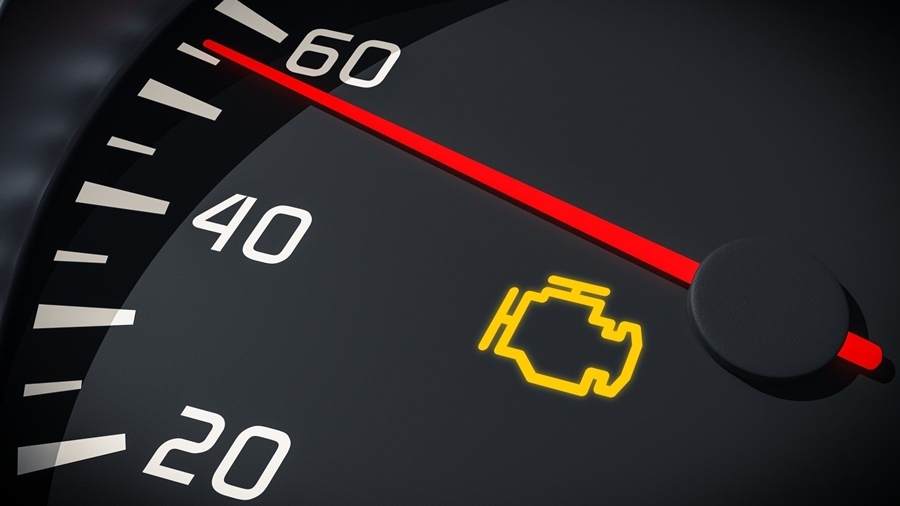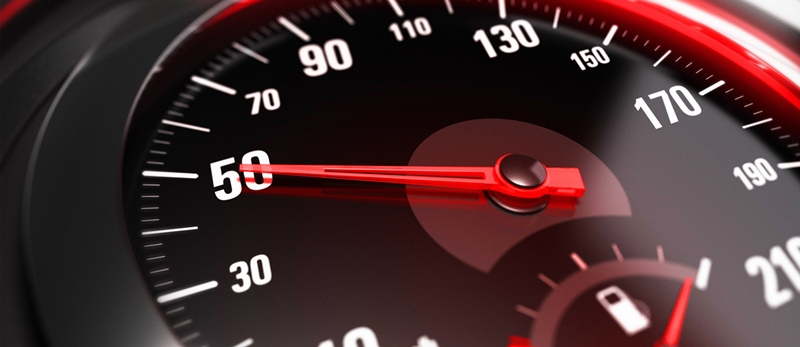Sometimes the best way to understand a problem is through the experiences of others who’ve been there. Here are three real stories from drivers who faced the check engine light is on but the car runs fine dilemma – and what they learned from it.
Sarah’s $2 Solution: The Gas Cap That Saved Hundreds
Sarah from Phoenix was driving her 2018 Honda Civic when her check engine light suddenly appeared on a Tuesday morning. Her car was running perfectly fine – no weird noises, no performance issues, nothing. But there it was, that amber glow mocking her from the dashboard.
“I immediately started panicking,” Sarah recalls. “I thought about all the horror stories I’d heard about expensive engine repairs. My check engine light is on but the car runs fine situation had me convinced I was looking at a huge bill.”
She drove straight to her local auto parts store, where they scanned the code for free. The result? P0455 – a large EVAP system leak. The teenager behind the counter started talking about vapor canisters and expensive repairs, but an older customer overheard and suggested she check her gas cap first.
“I felt so stupid,” Sarah laughs. “I had just filled up that morning and apparently didn’t tighten the cap properly. I twisted it until it clicked three times, and after driving for two days, the light went off. A $2,000 repair estimate became a $0 fix!”
The Lesson: Always check the simplest solutions first. Sometimes when your check engine light is on but the car runs fine, it really is just a loose gas cap.
Mike’s Expensive Mistake: The Oxygen Sensor That Became a Catalytic Converter
Mike’s story is a cautionary tale about procrastination. His 2015 Ford F-150’s check engine light came on during a busy work period. The truck ran perfectly – no loss of power, no strange sounds, excellent fuel economy. He figured if the check engine light is on but the car runs fine, it couldn’t be that serious.
“I kept telling myself I’d deal with it next week,” Mike admits. “The truck was running great, I was swamped at work, and I convinced myself it wasn’t urgent. That was my first mistake.”
Six months later, Mike finally took his truck to a mechanic when the light started flashing occasionally. The diagnosis? His oxygen sensor had been failing for months, causing his engine to run rich and slowly destroying his catalytic converter.
“What should have been a $350 oxygen sensor replacement turned into a $2,200 catalytic converter job,” Mike says. “The mechanic told me that if I’d addressed it when the check engine light is on but the car runs fine first appeared, I could have saved myself almost two grand.”
The Lesson: Ignoring the check engine light, even when your car runs fine, can turn minor repairs into major expenses. Early diagnosis saves money.
Jennifer’s Road Trip Nightmare: When “Fine” Became “Stranded”
Jennifer’s story highlights why timing matters when dealing with check engine lights. Her 2017 Toyota Camry’s light had been on for about a week – solid, not flashing. The car drove beautifully, so she planned to address it after her planned 500-mile road trip to visit family.
“Everyone told me that if the check engine light is on but the car runs fine, I should be okay for a short trip,” Jennifer explains. “I figured one more week wouldn’t hurt.”
Halfway through her journey, her car started running rough and eventually stalled on a mountain highway. The tow truck and emergency repair at an unfamiliar shop cost her $800, plus she missed most of her family reunion.
“The local mechanic said it was a failing mass airflow sensor,” Jennifer recalls. “He told me the part had been gradually failing, and the stress of mountain driving finally pushed it over the edge. If I’d gotten it diagnosed at home, it would have been a $300 repair at my regular shop.”
The Lesson: Just because your car runs fine today doesn’t mean it will tomorrow. Get your check engine light is on but the car runs fine situation diagnosed before long trips or stressful driving conditions.
What These Stories Teach Us
These real experiences highlight three crucial points about check engine lights:
- Simple solutions first – Always check the obvious things like gas caps before assuming the worst
- Time matters – Delaying diagnosis can turn cheap fixes into expensive repairs
- Plan ahead – Don’t ignore the light before important trips or demanding driving situations
Remember, when your check engine light is on but the car runs fine, you’re in a grace period. Use that time wisely to get proper diagnosis and avoid becoming another cautionary tale.





